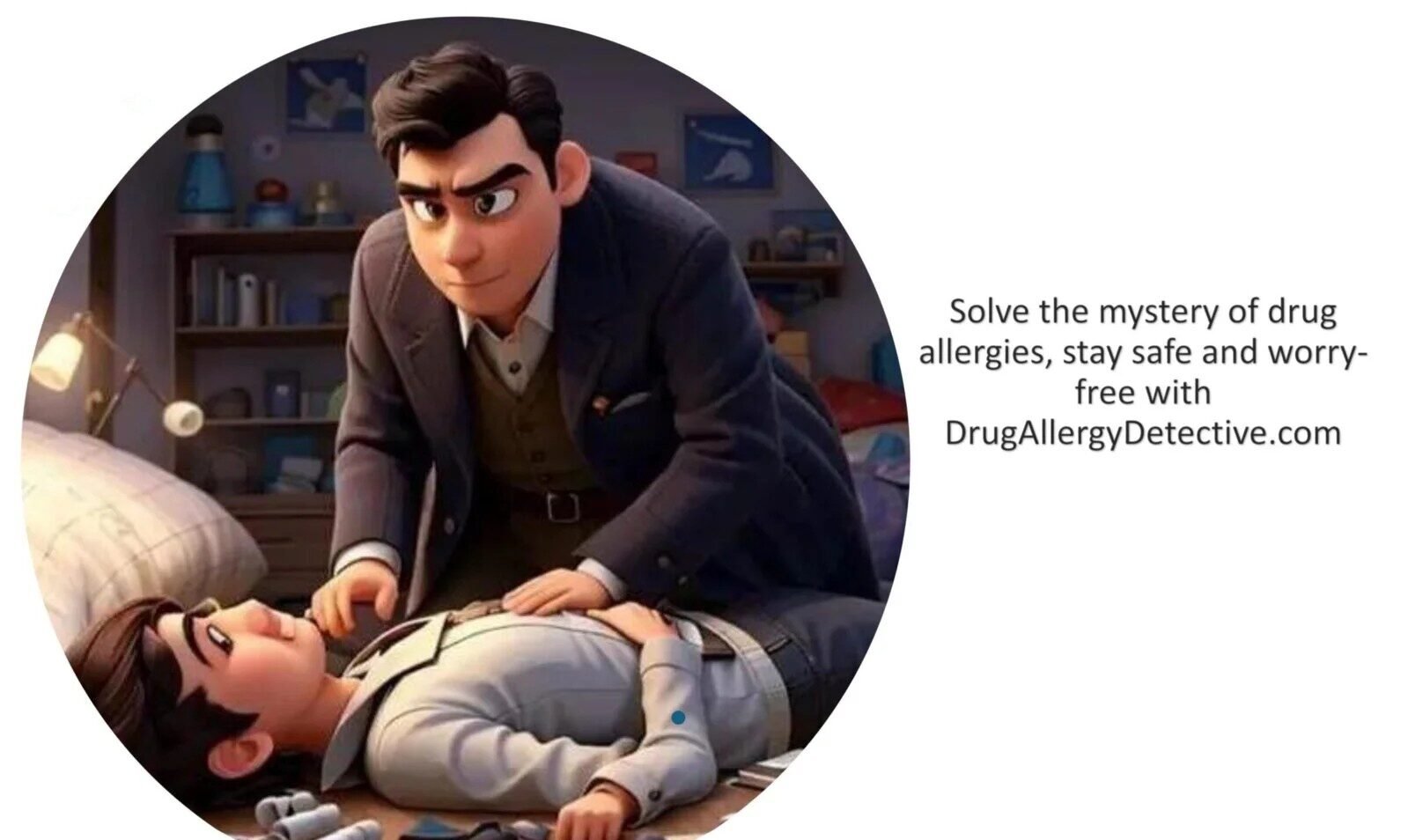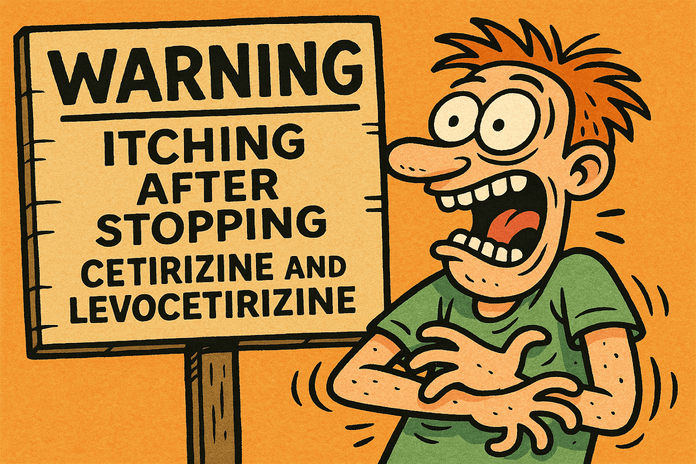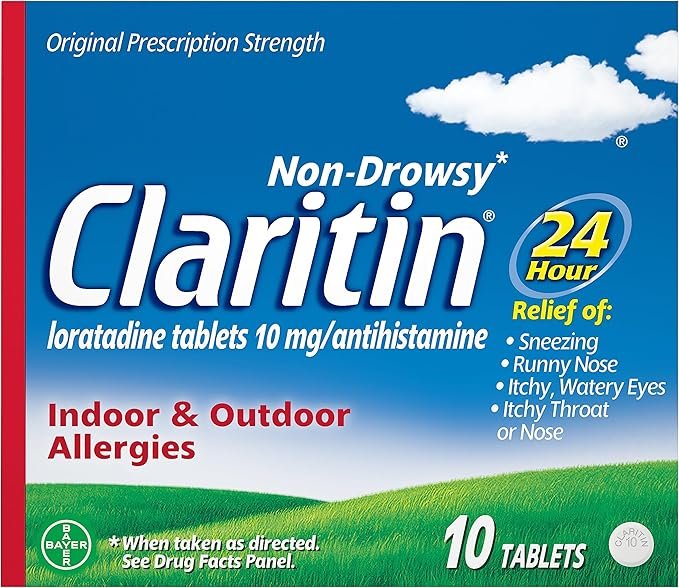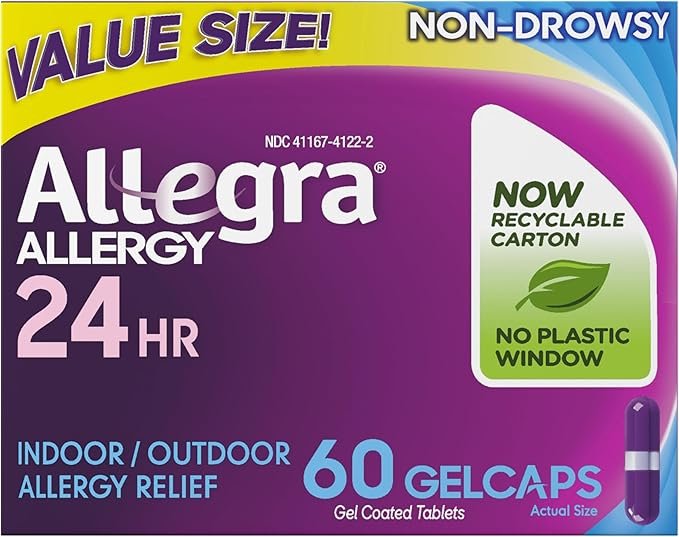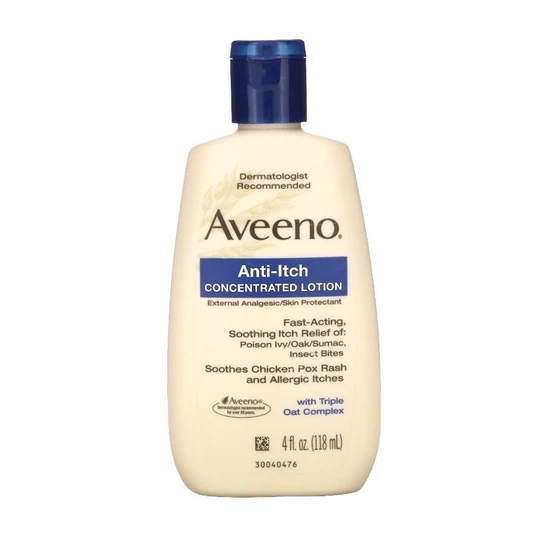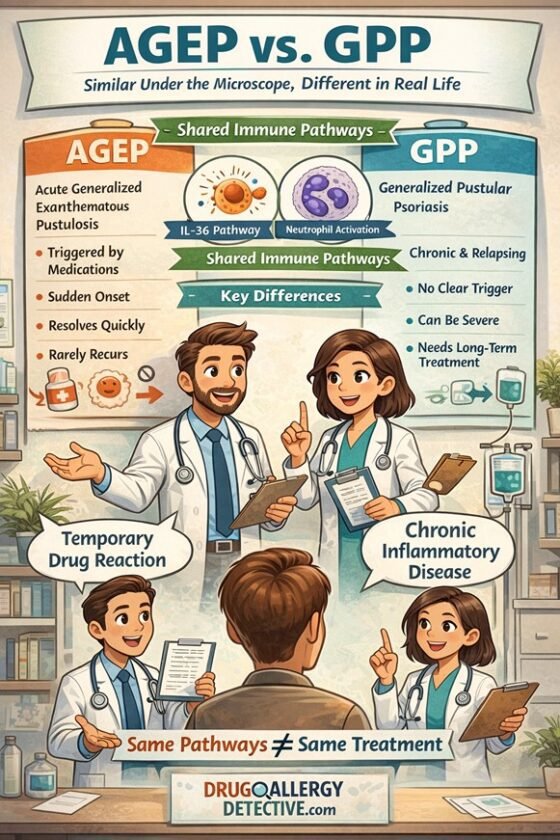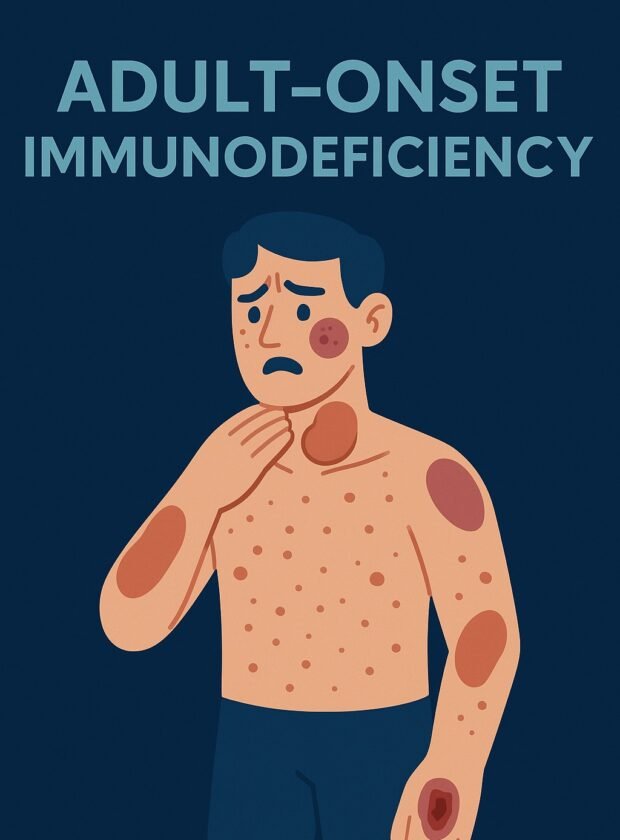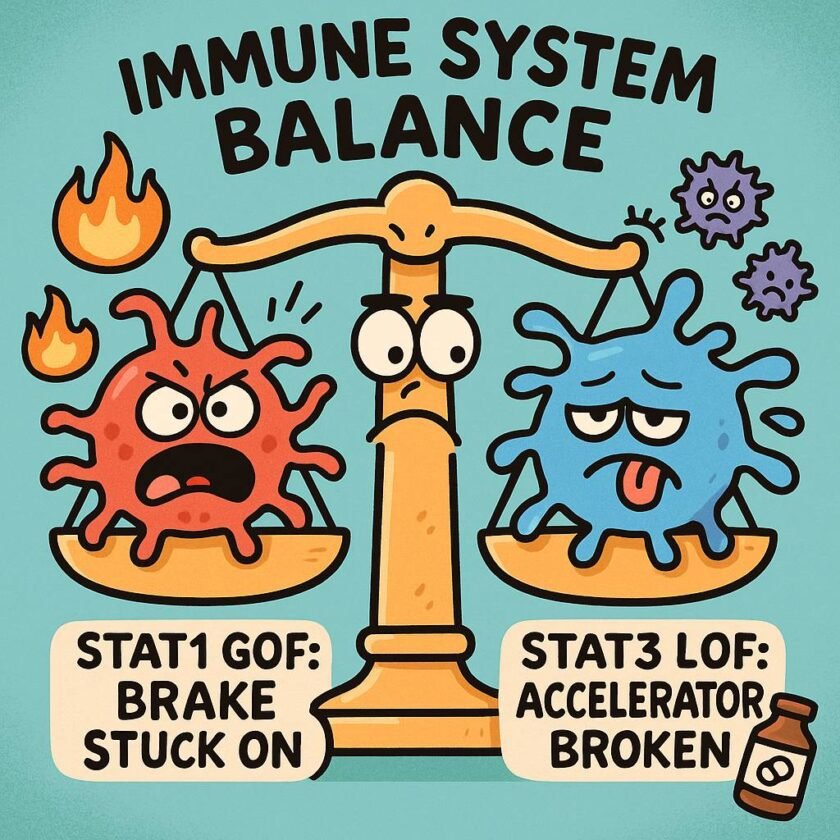🛑 New FDA Safety Alert: Antihistamine Withdrawal Can Trigger Severe Itching
In May 2025, the U.S. Food and Drug Administration (FDA) issued a new safety warning about rebound itching after stopping cetirizine (Zyrtec) or levocetirizine (Xyzal)—two of the most commonly used antihistamines. This severe itching reaction, often mistaken for allergy relapse, may occur especially in people who have taken the drug daily for several months.
🔎 Key Findings from the FDA Investigation
Between April 2017 and July 2023, the FDA identified 209 confirmed cases globally—197 in the U.S.—involving moderate to severe pruritus after stopping these medications. Here’s what the data showed:
- Onset: Symptoms began within 1–5 days after stopping (median: 2 days)
- Duration of prior use: Most patients (92%) had taken the medication for over 3 months
- Severity: Itching was widespread and debilitating, often interfering with sleep and daily life
- Relief: Restarting the medication resolved symptoms in about 90% of cases
🧠 Note: These patients had no itching before starting the antihistamines, confirming this is a withdrawal phenomenon, not simply the return of allergy symptoms.
🤔 Why Only Cetirizine and Levocetirizine?
This rebound effect has not been documented with other second-generation antihistamines like loratadine (Claritin) or fexofenadine (Allegra). While the mechanism isn’t fully understood, it may involve:
- Strong and selective histamine H1 receptor binding
- Partial blood-brain barrier penetration
- Possible central nervous system involvement
These unique pharmacologic traits may play a role in triggering withdrawal pruritus when the drug is stopped suddenly.
🧬 What Could Be the Mechanism?
Experts suspect that long-term suppression of histamine receptors leads to a compensatory upregulation of histamine sensitivity. When the antihistamine is removed, the body may temporarily “overreact,” resulting in intense itching without any allergen exposure.
👩⚕️ What Should Patients Do?
If you’re currently taking cetirizine or levocetirizine daily:
- ❌ Avoid stopping suddenly, especially after prolonged use
- ✅ Talk to your doctor about tapering strategies
- 🚨 Don’t confuse withdrawal itching with your allergies returning
If you’ve recently stopped and developed severe, unexplained itching:
- 📞 Contact your healthcare provider immediately
- Reintroducing the medication may relieve symptoms, followed by a slow taper
🔄 Suggested Tapering Plan (Example Only)
Always discuss with your doctor before trying this:
- Days 1–3: 10 mg daily
- Days 4–6: 10 mg every other day
- Days 7–10: 5 mg every other day
- Then stop
This approach may reduce the chance of rebound pruritus.
🩺 FDA Recommendations for Healthcare Providers
- Inform patients about this rare withdrawal risk
- Consider tapering plans for long-term users
- Monitor for delayed pruritus, especially in those who stop suddenly
- Reassure patients that restarting the medication typically provides relief
📊 How Common Is This Reaction?
While troubling, this condition is still considered rare compared to how frequently these medications are used:
- 26.8 million prescriptions and 62.7 million OTC purchases of cetirizine/levocetirizine in the U.S. (2022)
However, many cases may go unreported, especially if patients self-medicate without recognizing the cause.
⚖️ What the FDA Is Doing
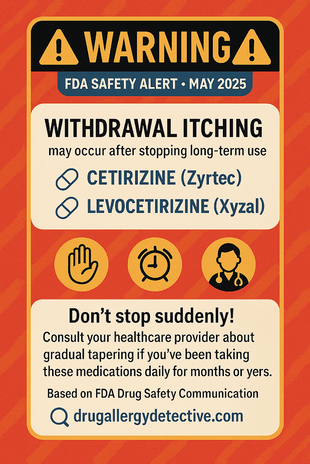
Image source: drugallergydetective.com
As a result of its investigation, the FDA is taking the following steps:
- 🧾 Adding new warnings to prescription drug labels
- 💊 Requesting similar warnings on OTC (over-the-counter) products
- 📈 Continuing surveillance for post-marketing adverse reactions
✅ Takeaway Message
- Cetirizine and levocetirizine may cause severe rebound itching when stopped abruptly
- This is a withdrawal effect, not an allergy relapse
- Tapering is safer than stopping cold turkey
- Restarting the medication typically brings relief
- Always consult your doctor before making changes to long-term medications
📍 When to Seek Medical Attention
Call your doctor if you experience:
- Sudden, severe itching within days of stopping your antihistamine
- Symptoms that affect sleep, work, or daily life
- Worsening or persistent symptoms even after resuming the drug
📚 References
U.S. Food and Drug Administration (2025). FDA Requires Warning About Rare but Severe Itching After Stopping Long-Term Use of Oral Allergy Medicines Cetirizine or Levocetirizine (Zyrtec, Xyzal).
🔗 Read the full FDA Drug Safety Communication
⚠️ Medical Disclaimer
This article is for informational and educational purposes only and does not constitute medical advice. Always consult your physician or a qualified healthcare professional regarding any medical concerns or medication decisions.
🛒 Recommended Over-the-Counter Products
These options may support your transition after stopping cetirizine or levocetirizine:
A gentle alternative with no known rebound itching effects.
Buy NowOfficial Amazon store for Allegra’s non-sedating allergy options.
Buy NowGreat for soothing rebound itching—formulated with calamine and pramoxine.
Buy NowDisclosure: As an Amazon Associate, I earn from qualifying purchases at no extra cost to you.
